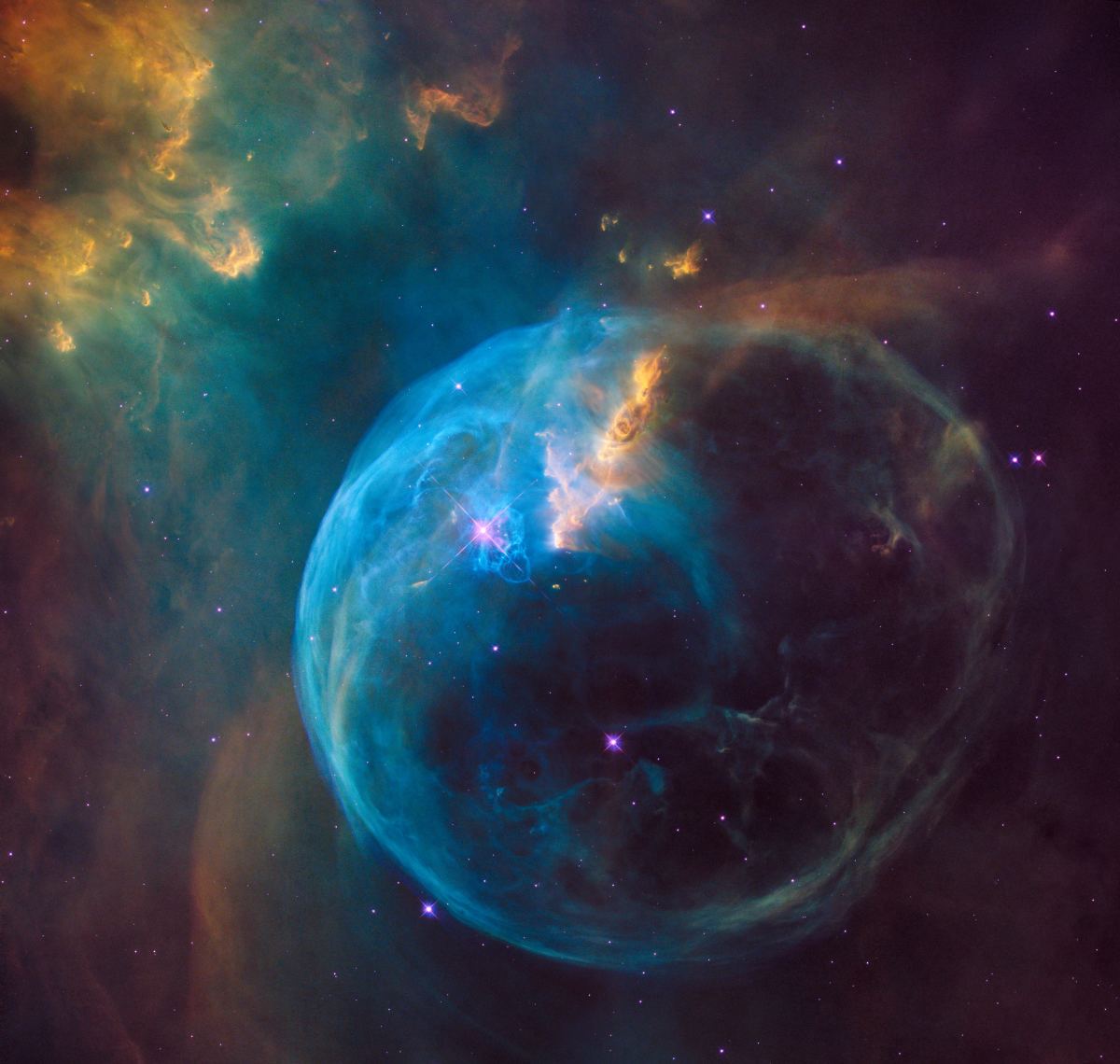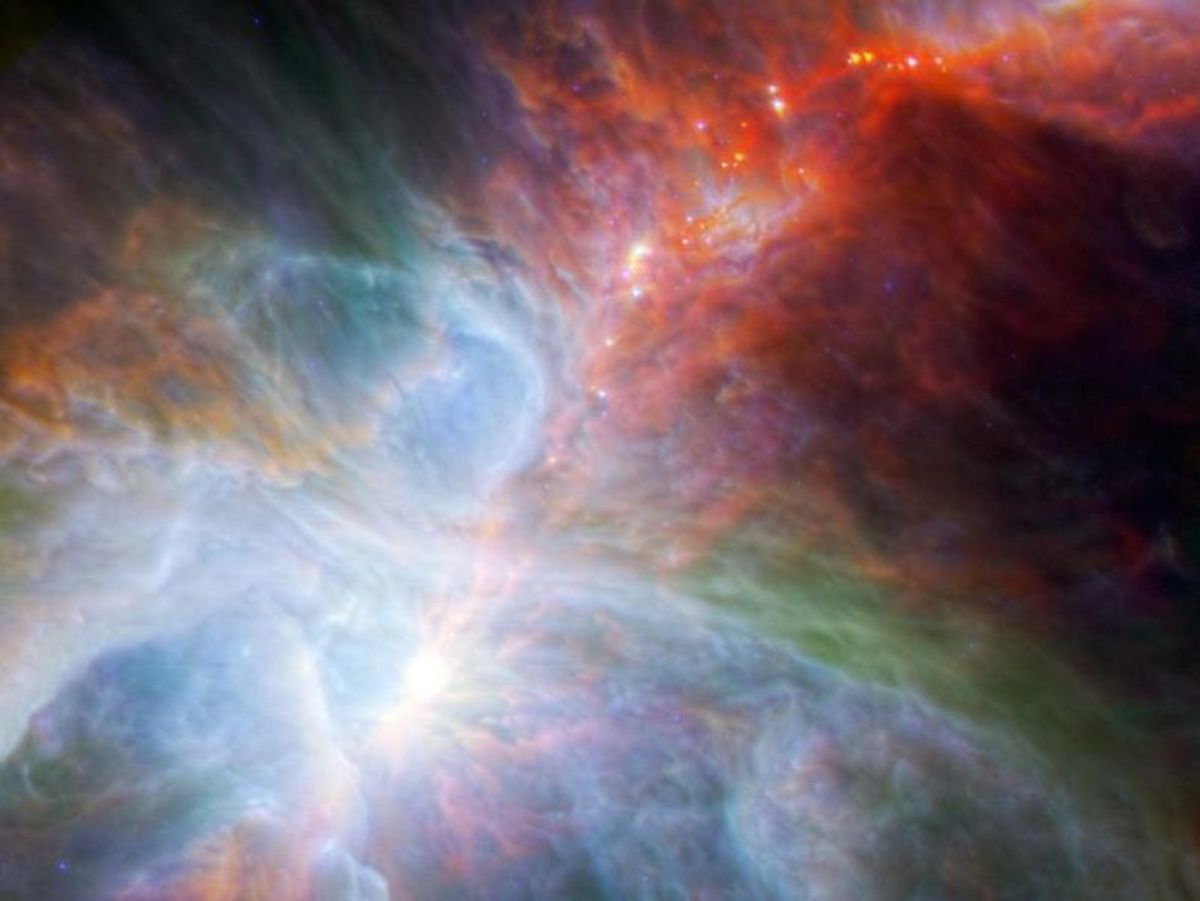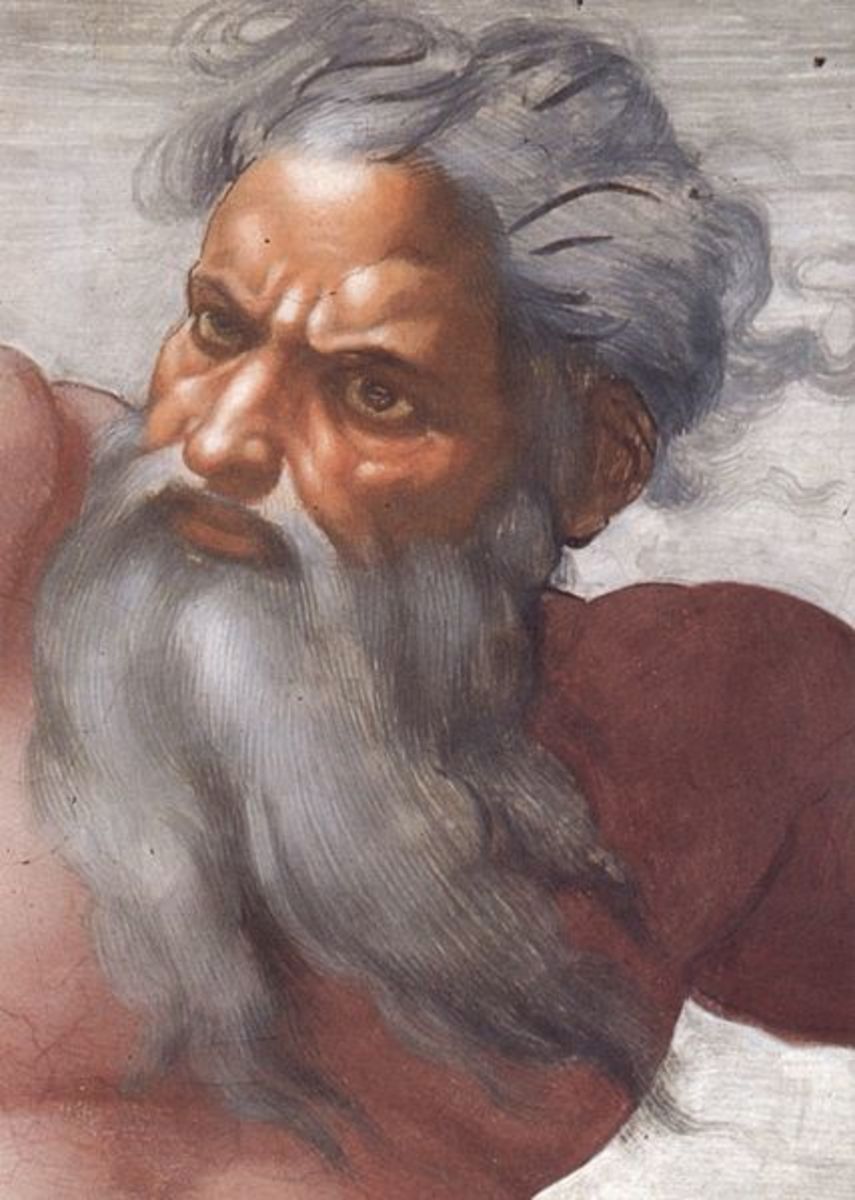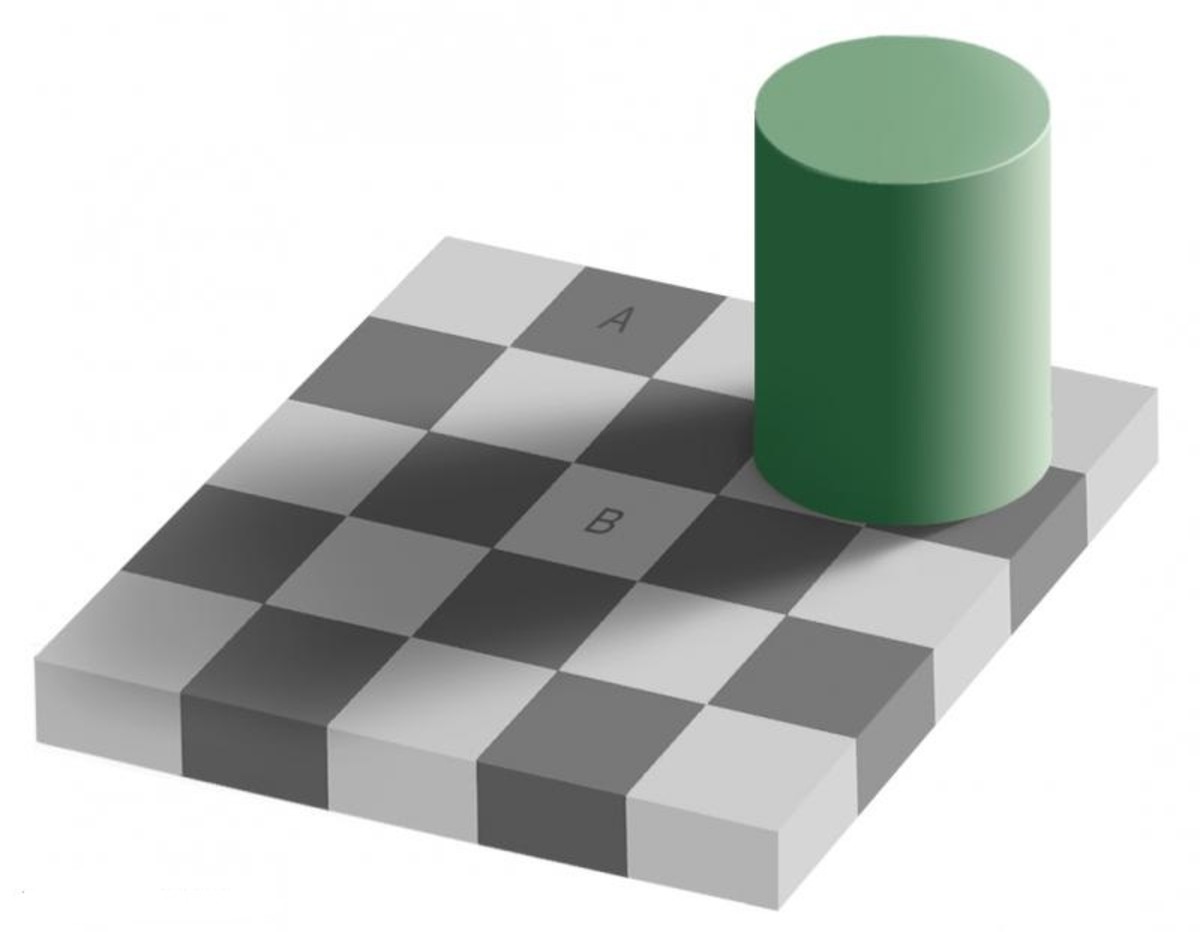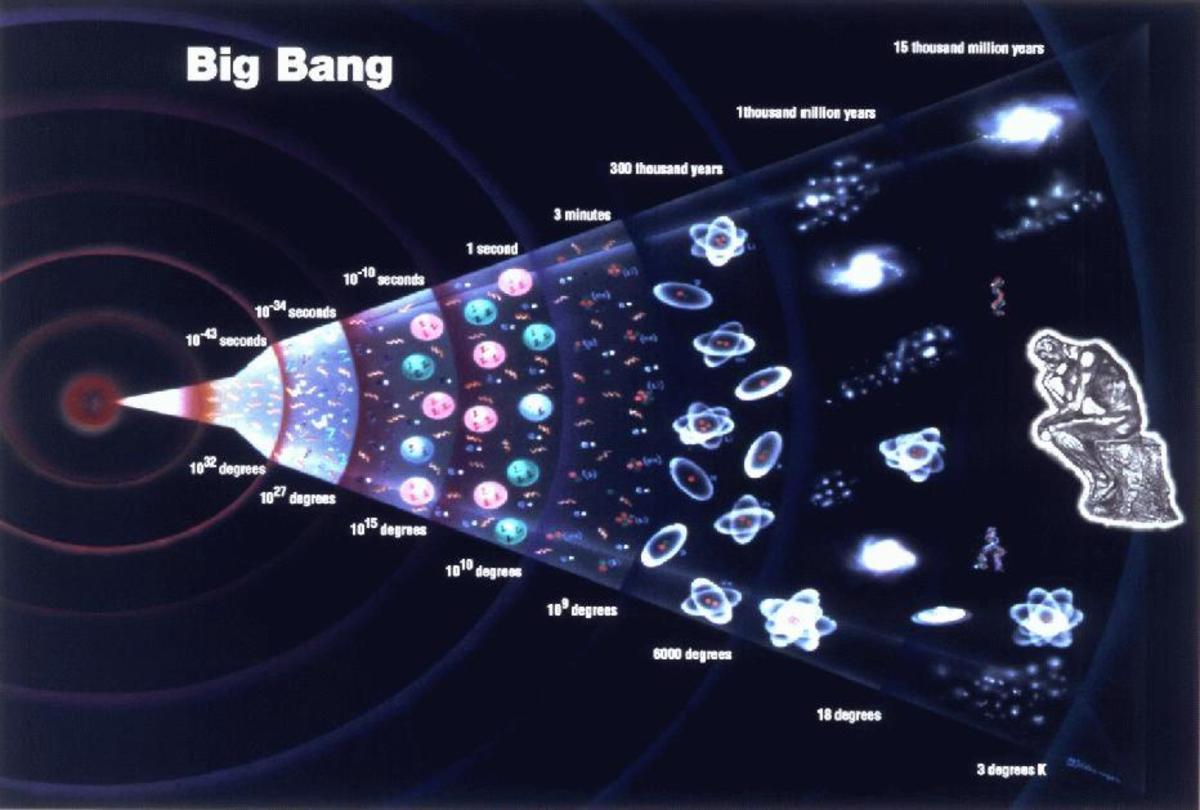Does God exist??? Here is the PROOF!!!
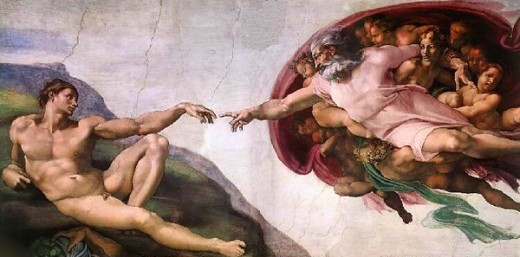
The arguments for the existence of God are an attempt to prove (or justify) God's existence by rational means. The arguments for the existence of God are often based on general revelation and are termed under natural theology. This is the belief that there is evidence for God's existence from the way things are in the world. In the Summa Theologica, St. Thomas Aquinas outlined five proofs for the existence of God. Aquinas believed that it was possible to discern truths about God based on reason and revelation. The chief ideas of Aquinas were harvested from Aristotle’s philosophy.
The most popular arguments for the existence of God are:
- Cosmological arguments
- Moral arguments
- Teleological arguments
Aquinas explored variations of the theme in the first three of his proofs, and these were subsequently developed as cosmological arguments for the existence of God. The fourth proof has connections with moral arguments for the existence of God, whilst the fifth way is related to teleological arguments for the existence of God .
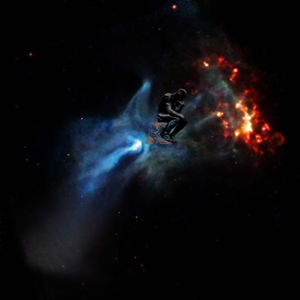
The Cosmological Argument
The cosmological arguments seek to argue for the existence of God based on what we experience of the world and universe we live in. The central aim of cosmological arguments is to establish what caused everything to be here, or how the world and the universe began.
Cosmological arguments are attempting to address the problem of an infinite regress. This occurs when we have no starting-point for something. This can be understood with an example; in terms of the origin of the world we might ask where everything came from. If we are told that everything came from x, we would then ask where x came from. If x came from y, then we would logically want to know where y came from, and so on and so on. Therefore, in order to stop this never-ending sequence we would need to find the uncaused-cause of everything else.
St. Thomas Aquinas proposed several cosmological arguments. In one he argued that things only move because they are moved by something else, which leads us to seek the first mover of everything. In another version he argued that every event has a cause, and that this leads us to seek the first cause of everything. In the third version he argued that contingent things exist, and that if there would only be contingent things then there would be a time at which nothing exists, but as the world is existing, it means that there is a non-contingent being. Aquinas’ cosmological arguments were basically intended to show that in order for anything else to be here, it required the presence of something that existed before anything else did. And that something is God.
The first way: The way of Motion
According to Aquinas, the Unmoved First Mover accounts for the motion of the physical universe. This First Mover is not self-moved, since this would violate the potentiality/actuality principle. The First Mover, therefore must be both Unmoved and Pure Motion. In addition, he also concludes that God is not a physical body for at least two reasons. First, all bodies are in some way moved (or changed) by causing movement; but the First Mover is by definition Unmoved, thereby requiring the conclusion that the First Mover is not a body. Second, whereas every body possesses some potentiality (for motion), the First Mover as Pure Actual Motion cannot possibly be a body. The first way proves only that God is an immaterial Unmoved First Mover in relation to the physical motion of the universe.
I would like to set Aquinas’ proof against the background of Aristotle’s discussion of astronomy. Aristotle argued that planetary motion, which he believed caused the seasons to change, required an unmoved mover who would maintain the order of things in the midst of this. Therefore, Aquinas used this notion to speak of the sustaining work of God. God made sure the world and the universe remained the same, but was also behind the changes which led to the years passing by without any problem.
The second way: The way of Causation
The second way continues to parallel the first by its argument against the possibility of an infinite regress of efficient causes. Aquinas specifically mentions that the number of intermediate efficient causes is irrelevant. Therefore, whether there be one or several, for all practical purposes, intermediate causes may be considered a single whole. This characteristic of intermediate causes, makes even an infinite number of them inadequate to support any effect in and of themselves. From this and the preceding line of argumentation, Aquinas concludes that we must necessarily agree to the existence of an Uncaused First Efficient Cause from which the existence and movement of all other beings is ultimately derived, and this is what we understand to be God.
The third way: The way of Contingency
There was a time when certain things existed, and there will be a time when they no longer exist. There must also have been a time when nothing existed. This means that objects have contingent existence, which means they could or could not exist. For Aquinas, the only thing which has always existed is God (who would therefore have necessary existence). Furthermore, Aquinas saw no way to explain how anything was here, unless something was already in existence prior to it. Thus if God did not exist, nothing else would exist. To clarify this argument further, I would like to explain the argument on contingency in detail. Some beings, e.g., the flowers of spring, are contingent; that is to say, they come into existence and perish. They are not necessary beings; they do not exist of themselves; they are dependent upon other flowers and seeds for their existence. All beings, however, cannot be contingent beings. If all beings were contingent beings, if there were no necessary being which exists without dependence upon other beings, there would be nothing at all. There must be a necessary being to explain why contingent beings come into existence.
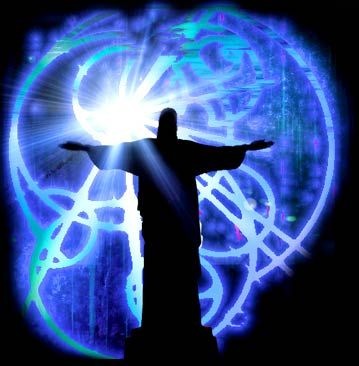
Moral Argument
Aquinas’ fourth way of demonstrating the existence of God proceeds from the gradation which is found in the things of this world.
The fourth way: The way of Gradation
We can see in the world degrees of perfection and goodness (i.e. some things are bad, some not so bad, some are better than others etc.). Now for Aquinas, things are ‘degrees of x’ when comparing them to the best in any genus. Now as humans have the capacity for both good and bad deeds, they cannot be the source of goodness (i.e. the most Good thing). Therefore, the maximum in the genus of morality must be something non-human and not in the world, which leaves us with God as the most perfect being, and the first cause (or source) of all goodness and perfection.
I feel that this is not so much an argument for the existence of God, but for the existence of some standard of morality, or for humans to be aware of it if they are to speak meaningfully about things being good or bad, or not. The argument seems to be Platonic in origin and presupposes the idea of participation. Thomas uses the illustration from fire and heat because it is more vivid to the senses.
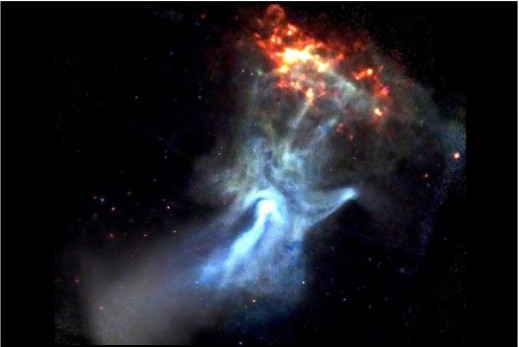
Teleological Argument
The word telos in Greek means ‘purpose’, and so teleological arguments suggest that there is evidence of purpose (or intentional design), in the way the world is. Teleological arguments suggest that the world has been set up and ordered in such a precise way, that this could not have happened by chance but must have been done by some higher reality, God. For example, eyes and ears are said to have been precisely designed for seeing and hearing, the seasons are ordered so as to cause plants to grow year after year, and the ozone layer is set up at the correct distance from the earth so as to protect us from harmful U.V. rays. Inherent in all teleological arguments is the notion that the world and the universe are complex, yet everything seems to fit together in a precise and ordered way, and that this could not have happened by chance.
The fifth way: The way of Design (or teleology)
Aquinas’ design argument basically suggests that the inanimate objects (e.g. Planets), could not have ordered themselves (i.e. got themselves into the orbits they have), because they lack the intelligence to do so. Yet as the planets are aligned so perfectly, this means it must have been done so by a Being with the intelligence to do so. Now although humans are intelligent, they cannot move planets, so that leaves us with God. Nature suggests a realm of order, in that things seem to have an innate sense of purpose. For Aquinas, anything which has in it a sense of purpose, requires the aid of a ‘guiding hand’. For instance, an arrow only hits the target, because it has been fired by an archer. Thus if nature appears ordered, it must have a guiding hand, God.
Final Words
Science, using various modern amenities, tells us how life began. It denies the need to bring God into this discussion. But it cannot explain why life began, in the first place. So, I suggest that maybe this is where God is needed (and why God must exist).
I feel that Aquinas’ first two ways present a successful argument for the existence of God. No doubt, the arguments have weak points which are subjected to criticism but nonetheless, in my opinion, the propositions by Aquinas accomplish their purpose in establishing the existence of a Greatest Conceivable Being that is the unmoved mover and uncaused cause. I believe that this ultimate Being is unchanging and started the universe, time and all matter and concepts of existence. In my view, this Being is what we understand to be God.
St. Thomas Aquinas recognized that there were some people who doubted the existence of God because, to them, logic did not allow for or explain God’s existence. His first two ways are two proofs based on logic and observation of nature in proving God’s existence to those who could not accept or believe God on faith alone.
The third way recognizes that nothing in the world is sufficient in itself to answer all the questions we might have about it – so some of our questions will always take us beyond the object in question. And it recognizes that the world itself is insufficient to answer all our questions about it. The world leaves us asking, Why is there something rather than nothing? – and the world does not seem capable of providing any answer to that question.
William Paley’s ‘watch analogy’ suggests that complex and ordered things do not occur by chance. Instead, rather like the complex mechanism of a watch they have to have been made by someone, and for a specific reason. Thus I can conclude that because the world is complex and ordered (like a watch), that it could not have come about by chance, but must be the product of intelligent design, of God.

